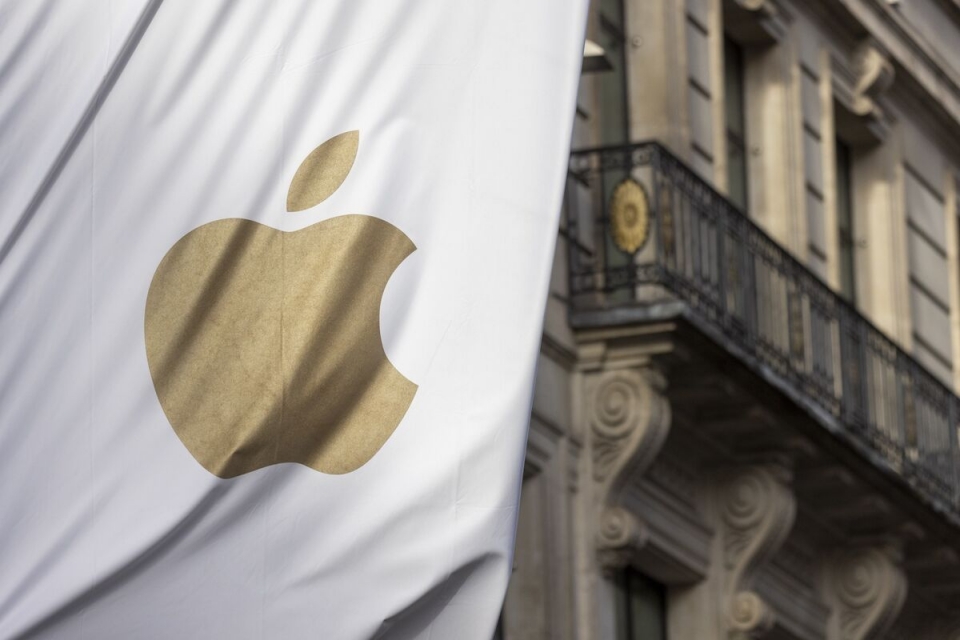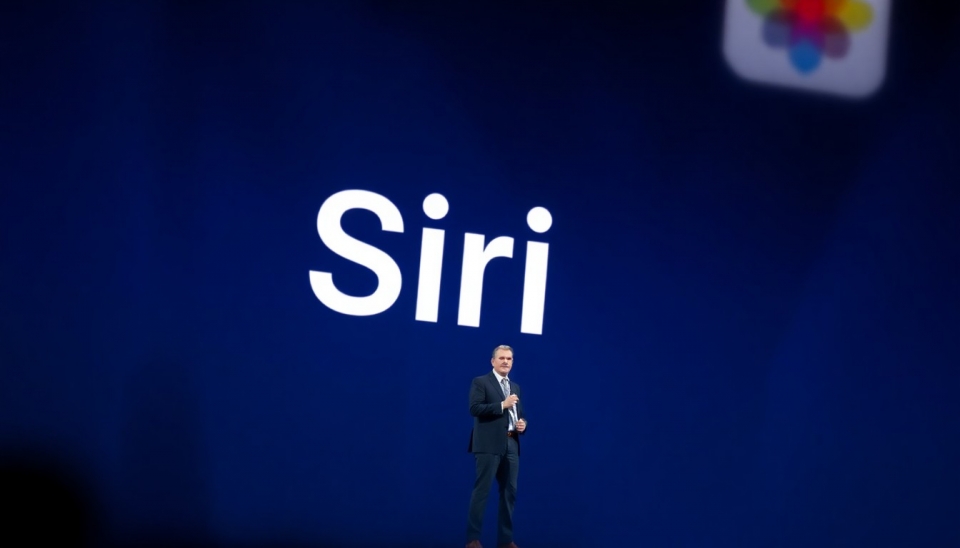
In a strategic move to defend its bottom line, Apple has shifted gears in its handling of iPhone repairs and returns, responding to a growing challenge posed by fraudulent activities. This initiative comes on the heels of increased incidences of scam returns, a costly adversary for tech companies that rely heavily on customer return policies as part of their service reliability framework.
Apple has long been known for its commitment to providing high-quality customer service. However, as deceptive practices become more sophisticated, the company finds itself necessitated to refine its operational protocols regarding returns and repairs. These adjustments are particularly relevant in the current landscape where authenticity and integrity are paramount to uphold customer trust and operational efficiency.
The core of Apple’s new strategy involves streamlining its in-store and mail-based repair processes. The tech giant is implementing advanced data analysis techniques and leveraging machine learning to accurately identify anomalies that signify potential scams. By enhancing its diagnostic systems, Apple aims to effectively differentiate between legitimate repairs and fraudulent attempts to exploit their return policies.
One key area of focus is the "repair-and-return" pathway often misused by scammers. This scheme frequently involves the submission of fake or non-functional iPhones, cleverly disguised as genuine issues, to Apple’s repair services. The implementation of Apple's advanced technology hinges on detecting discrepancies in device identification and non-authentic parts that are often at the heart of fraudulent claims.
This innovation is part of Apple’s broader strategy to reinforce its supply chain integrity against potential exploitation. By integrating more sophisticated verification systems within its repair workflow, Apple seeks to protect both its customers and its financial interests from the impacts of scam-related losses.
Notably, Apple's initiative also underscores a broader tech industry challenge, with other companies potentially looking to adopt similar strategies. The emphasis on harnessing technology to combat fraud speaks to an industry-wide necessity to maintain robust checks and balances while minimizing inconveniences for honest consumers. As competition intensifies and customer bases expand globally, the need for airtight security measures becomes increasingly imperative.
Apple’s renewed approach marks a proactive step towards sustainable operational practices. By investing in cutting-edge technology to address these issues, the company not only fortifies its return process but also sets a precedence for how high-tech firms can simultaneously secure and streamline customer service operations.
Overall, Apple's initiative highlights its commitment to innovation beyond product design, reflecting a comprehensive focus on security and authenticity in service delivery. As this effort unfolds, it will be intriguing to observe how Apple’s methodologies evolve in countering the persistent challenge of fraudulent returns.
For stakeholders, consumers, and tech analysts, this serves as a profound reminder of the delicate balance between facilitating customer service and implementing rigorous security measures in an era of increasing digital challenges.
#Apple #iPhone #TechSecurity #FraudPrevention #RepairProcess #TechNews #CustomerService #Innovation #MachineLearning
Author: John Miller




